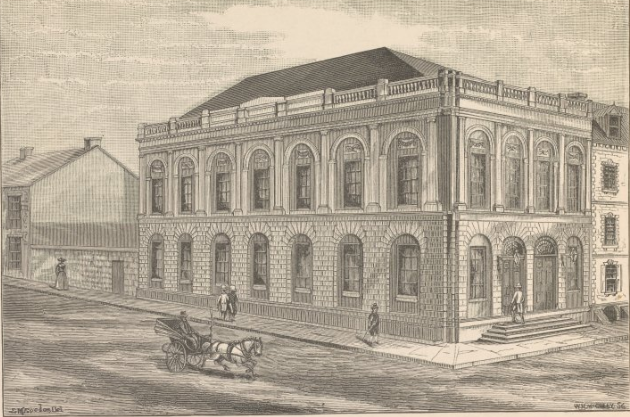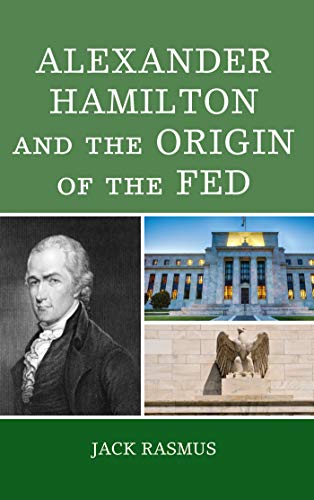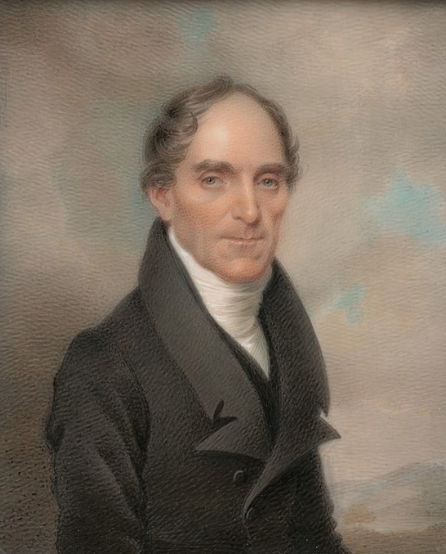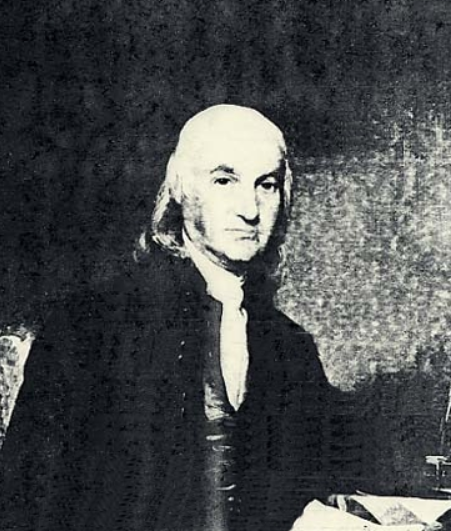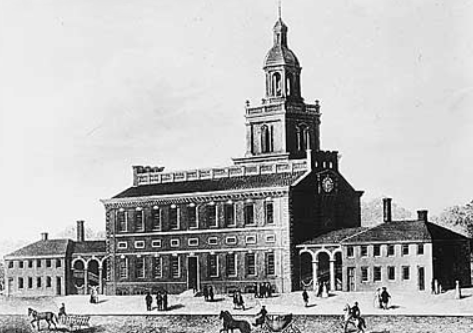Hamilton Plays Middleman - The Founding of the Bank of New York
I’ve been researching the creation of the Bank of New York for a while now. (Perhaps you’ve noticed a lot of New York Founders recently.)
The creation of this institution is a wonderful example of what happened when Alexander Hamilton played middle man between two sets of leaders attempting to form a gigantic corporation.
It also illuminates how good with money Hamilton was as well as demonstrating his importance to so many people during the Founding.
A New New York
In the months following the official end of the Revolutionary War, the Founders began to put all their effort into building a new nation.
Still working under the Articles of Confederation, all this work was done independently within the thirteen separate States.
Of all the issues which needed to be resolved, one of the most important were finances. Money, of course, was the type of problem which attracted people who knew that finding a solution could simultaneously help their community and make them very, very rich.
The best example of this might be the race to create New York’s first bank.
Wadsworth and Church
Jeremiah Wadsworth and John Barker Church had made a vast fortune during the Revolutionary War when they formed a partnership and secured the right to provide supplies for the French forces who served alongside the Continental Army.
The two men made strange bedfellows. Wadsworth was a Connecticut Yankee who came from a wealthy family. Church was a Brit who only came to American to escape gambling debts and was, at the time, living under an assumed name.
Either way, their teamwork was successful and, despite both travelling to France to collect their earnings, they decided to establish a bank in New York City.
To do this, they worked secretly with Church’s brother-in-law, Alexander Hamilton (both men had married daughters of Philip Schuyler).
Another Bank?
It turns out that Wadsworth, Church and Hamilton were not the only ones who realized how profitable a bank in NYC might be.
Led by Chancellor Robert Livingston, several men of that city petitioned the State Assembly for the ability to establish a ‘land bank.’ The difference between a ‘land bank’ and a ‘money bank’ is, in oversimplified terms, that one is backed in money and property while the other is only backed by money.
Hamilton reacted to this petition by speaking with some of the men attempting to create the land bank and informing them of the folly of their plans.
Impressed, these men asked Hamilton to join them and, in fact, write the company’s constitution.
The Bank of New York
Hamilton realized that these men would be creating a bank with or without him (or Wadsworth or Church) so, as he would later write to Church, he, “concluded it best to fall in with them.”
To secure more power for his friends in France, Hamilton persuaded the original members to increase the amount of votes a shareholder could receive based on the number of shares they purchased.
Between February 23 and March 15 of 1784, the entire bank was organized and set into action.
The inaugural President was Alexander McDougall and among the first thirteen board members were Hamilton, Nicholas Low, William Maxwell and Isaac Roosevelt.
The organization they created is still around today.
It goes by the name Bank of New York.
Here are some more articles about banking during the American Founding.
Edmund Pendleton and the Scandal that Started a Revolution
William Duer Almost Bankrupts America
Nathaniel Prime Stocks the Erie Canal
If you’d like to read an interesting book on Hamilton and banking, check out ‘Origins of the Fed.’
This piece looks at Hamilton’s creation of the American financial system and how it evolved over the first 120 years.
If you’d like a copy you can get one through the Amazon affiliate link below (you’ll support this site, but don’t worry, Amazon pays me while your price stays the same).
Want to get fun American Revolution articles straight to your inbox every morning?
Subscribe to my email list here.
You can also support this site on Patreon by clicking here.
